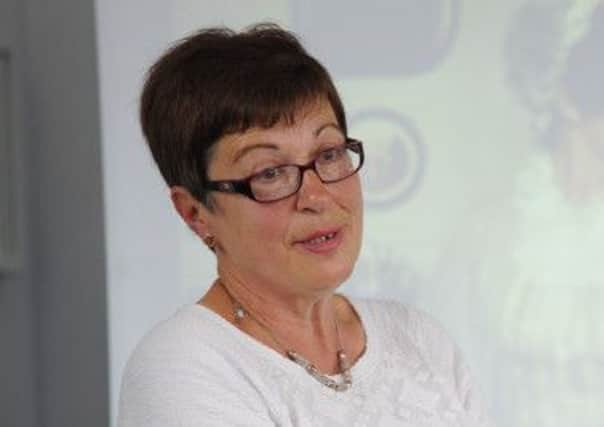COLUMN: Young people are disconnected from nature


We live in an era where more and more children are disconnected from nature. The temptation of video games/social media and fear for children’s safety has resulted in large numbers of children’s lives becoming devoid of experience of the natural world.
According to a recent study, lack of connection to nature is not benign; there are costs to children’s health: “attention difficulties, hyperactivity, childhood obesity, diminished use of senses, and disconnection from things that are real.”(AFF, 2014) From the point of view of the future of our planet, this raises a different type of question: if children are spending most of their time indoors, especially in urban communities, how will they learn about and value nature? How will the next generation become stewards of the planet’s resources? In order to develop new technologies which will deal with resource scarcity, pollution and global warming they need to not only receive comprehensive education about the natural world, but to also develop a passion for it.
Advertisement
Hide AdAdvertisement
Hide AdThere are some impressive innovative projects being developed at the moment, such as the solar array in Arizona, which heralds an unprecedented efficiency in solar-sourced electricity and which will fuel 230,000 homes at peak capacity.
However, unless we educate the future generations of the value of their natural environment, this kind of work will diminish, with dire consequences.
Schools need encouragement and resources to embrace environmental education; this need not be in addition to the existing lessons, as environmental topics could be incorporated into everyday lesson plans; teachers should also be encouraged to take some of the classes outdoors.
An integrated approach could be developed because many of the subject areas touch on the environment in some way.
Advertisement
Hide AdAdvertisement
Hide AdStudents need to be encouraged to understand how their actions affect local and global environments and to realise that it’s possible to take personal responsibility and to become wise stewards of the very environment that sustains us.
It is environmental education which can best help us as individuals to make the complex connections between economic prosperity, benefits to society, environmental health, and our own wellbeing. As the Campaign of Environmental Literacy aptly write: “ultimately, the collective wisdom of our citizens, gained through education, will be the most compelling and most successful strategy for environmental management.”
Furthermore, it’s environmental education which provides critical tools for a 21st century workforce. Many business leaders believe that an environmentally literate workforce is critical to their success and profitability, with better environmental practices creating improved efficiencies. To be truly effective, this education needs to be part of the “lifelong learning programme” and needs to be encouraged for the widest array of audiences.